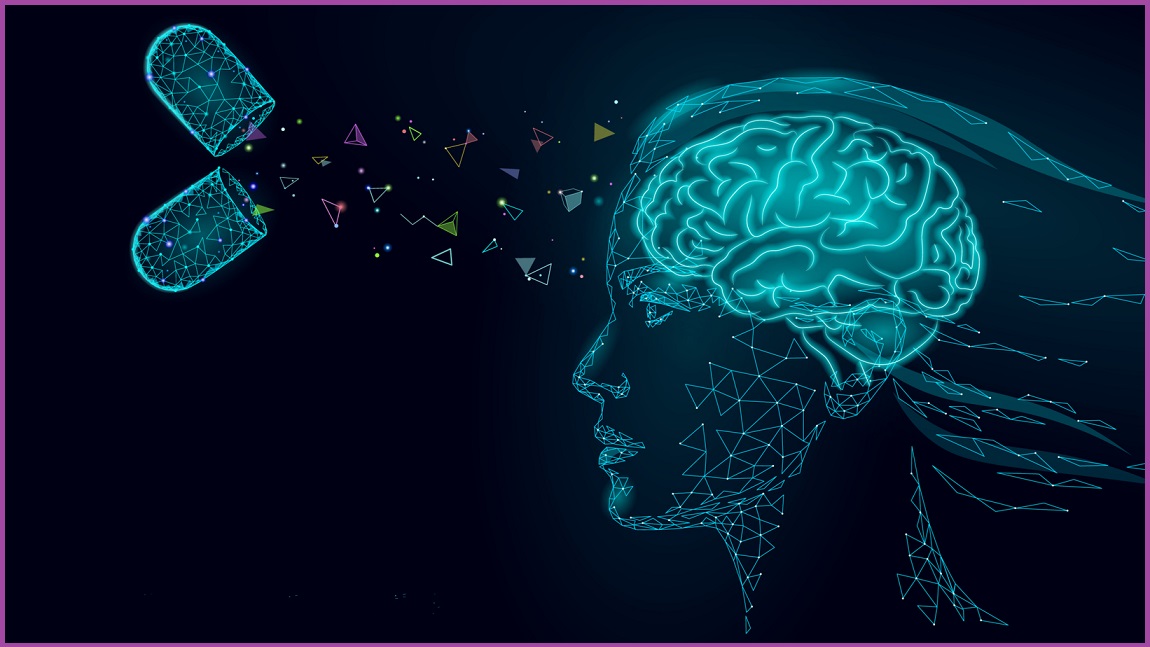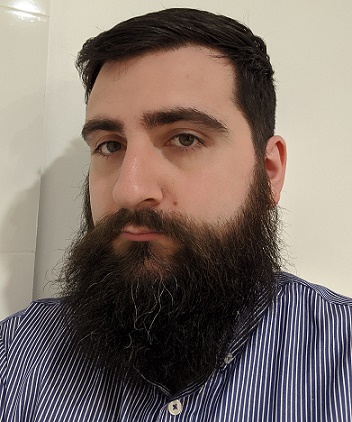A drug developed by artificial intelligence (AI) is being trialled on humans in a world first.
UK startup Exscientia has used its software platform, dubbed ‘Centaur Chemist’, to select a drug candidate for the treatment of obsessive-compulsive disorder (OCD).
The drug in question, labelled DSP-1181, is the world’s first AI-designed molecule to be used in human clinical trials which began in Japan last month.
The Centaur Chemist software platform, in conjunction with experts from Japanese pharmaceutical company Sumitomo Dainippon Pharma, developed and evolved compounds towards a set criteria.
In this case DSP-1181 has been developed as a long-acting and potent serotonin 5-HT1A receptor agonist in the treatment of OCD.
OCD is a psychiatric disorder that can leave people with compulsions, such as repetitive behaviours, as well as obsessions that can impact the quality of life.
The exact mechanism for OCD is not currently known, but problems in the orbitofrontal cortex, anterior cingulate cortex, and striatum are strongly linked to the disorder.
Andrew Hopkins, CEO of Exscientia, called DSP-1181 “a key milestone in drug discovery.”
“We are proud that our AI drug discovery platform Centaur ChemistTM has contributed to generate DSP-1181 and look forward to its progression as a treatment for obsessive-compulsive disorder," said Hopkins.
It took less than 12 months to complete the exploratory research phase for DSP-1181, where traditional research methods might see initial pharmaceutical development take around four to six years.
This holds promise for faster, cheaper drug discovery if it is successful in the human clinical trials.
Toru Kimura, Senior Executive Officer of veteren pharmaceutical company Sumitomo Dainippon Pharma, was excited by the fast results from the project.
“We will continue to work hard to make this clinical study a success so that it may deliver new benefits to patients as soon as possible,” Kimura said.
The process of approving medicines
Medicine and vaccine development is a lengthy process and can take 10-15 years to research, test, register, manufacture and market for the general public, according to Medicines Australia.
This process can typically cost around $3.9 billion ($US2.6b) from conception, through multiple failures, and hopefully to a final product.
This high cost in research is keenly felt by molecular pharmacologist/toxicologist at the University of Adelaide Professor Ian Musgrave.
“It takes forever and it’s really complicated,” he said.
“Most of the money is spent testing humans... making sure that it gets absorbed and nothing goes wrong,” he said.
While Professor Musgrave saw the cutdown in research time as promising, he believes more research data is needed for the AI to analyse.
“It requires a huge backbone of research to find the target receptor,” he said.
AI drug development has also made the news as a team at MIT successfully developed an effective antibiotic.
“Finding a new antibiotic is on people’s minds,” said Professor Musgrave.
“Finding new targets unique to bacteria is no longer a simple task.
“It’s an evolutionary arms race… [and] there’s not much incentive to make new antibiotics.”
Omid Kavehei, Senior Lecturer at the School of Engineering in the University of Sydney, is cautiously optimistic when it comes to this new frontier of medicine-developing software.
“It’s not necessarily a big change to the medical landscape but it will greatly assist current practices,” he said.
“It’s going to simplify searching for new reactions in drug discovery.
“I think in that respect it will be helpful but it shouldn’t be hyped upon.”
Kavehi said big leaps forward in AI research is not so much about processing speed, but rather its capability for continuous, on-the-fly learning, and reliable extrapolation with less or unlabelled data.
Exscientia was founded in 2012 but made waves in the scientific community in a profile feature by Nature in 2017.
Since then Exscientia has partnered with many biotech companies and has raised tens of millions of dollars in investments.










